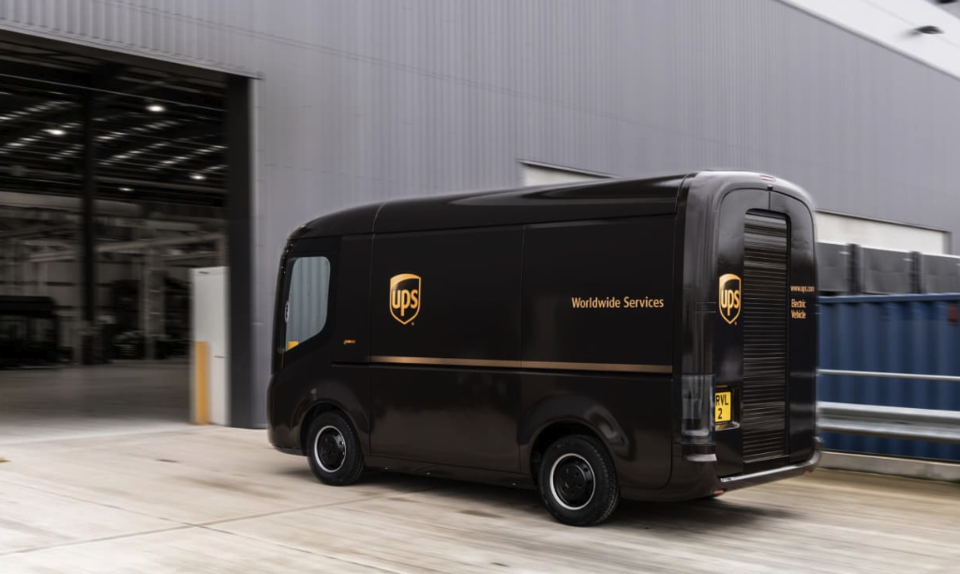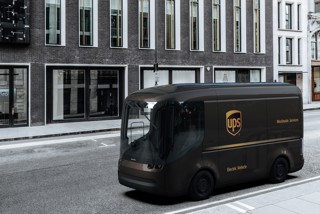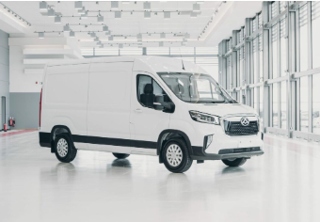UPS and UK Power Networks Services will explain how they used smart technology to boost charging capacity at one of its depots without having to upgrade the connection to the electricity grid.
Zach Burns, UPS international sustainability supervisor and Pantelis Stefas, assets and technology engineer at UK Power Networks Services will both present the details on how as part of a seminar session at Fleet & Mobility Live on October 11.
The two day event is just under a month away and registration is open now. Tickets are free to fleet decision makers.
The logistics giant has been collaborating with UK Power Networks Services to implement an AI-powered smart grid charging solution that allows UPS to greatly increase the number of electric vehicles (EV) able to operate at its Camden, London depot from 65 to 170, without the need for an upgrade to the power supply connection.
Fleet & Mobility Live runs on October 11 and 12 at the NEC, near Birmingham at Hall 20 and the show has its own EV Theatre that will host seven dedicated electrification seminar sessions across the two days (full details on topics below).
Burns says: “Electrification is a key part of UPS’s ambitious de-carbonisation strategy. A common hurdle to electrifying an inner-city fleet is grid capacity. That is the hurdle that this project sought to overcome.
UPS had two options. Either upgrade the connection to the grid, which can be incredibly costly, or work to create and implement a smart solution.
The EV Fleet-Centred Local Energy System (EFLES) project, in partnership with UPS, UK Power Networks Services, Moixa and the Cross River Partnership delivered a significant increase in the capacity to charge vehicles at UPS’ Camden depot.
Burns adds: “Increasing capacity to this extent completely changes the strategy and approach logistics companies can take when decarbonising their fleets.
“It has also reduced costs and the green premium to implement sustainable elements in our operation. From a fleet decarbonisation perspective, this is a game-changer.
Stefas says that one of the biggest successes of the project has been helping to speed up UPS’s electric fleet rollout.
He adds: “We worked to help UPS with their energy needs through consultancy to design an economical and sustainable solution.
“Our work has also helped to optimise the charging profile of UPS’s vehicles using a smart grid system.”
Work on the EFLES project has helped to underpin UPS’s decision to invest in 10,000 electric Arrival vans earlier this year with a planned rollout in global markets by 2025.
The EV Theatre topics:
- Charging infrastructure – cradle to grave solutions
- EV total cost of ownership
- Maintaining and repairing electric vehicles
- Electrification of business-critical vehicles: vans and trucks x 2
- Getting a good energy agreement
- The journey to electrification: taking the first step
The full line-up of speakers and agenda is available to view at www.fleetandmobilitylive.com/2022-speakers





















Login to comment
Comments
No comments have been made yet.